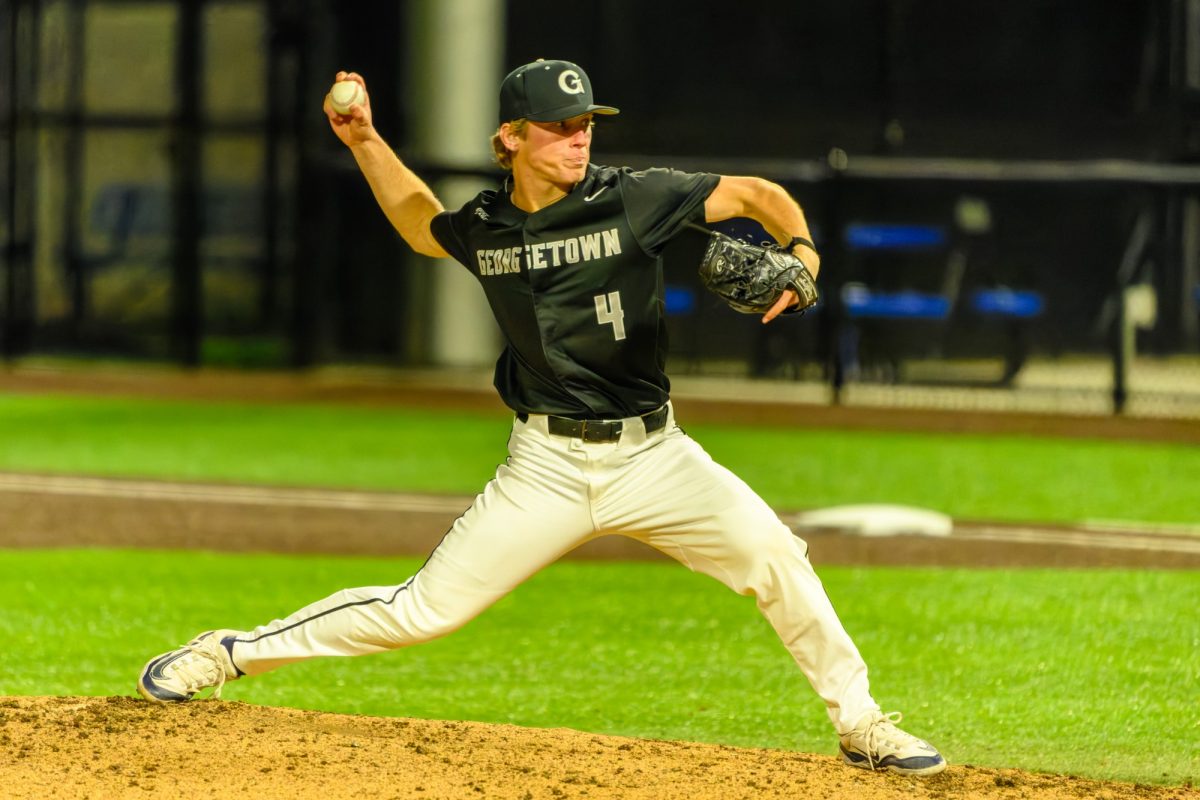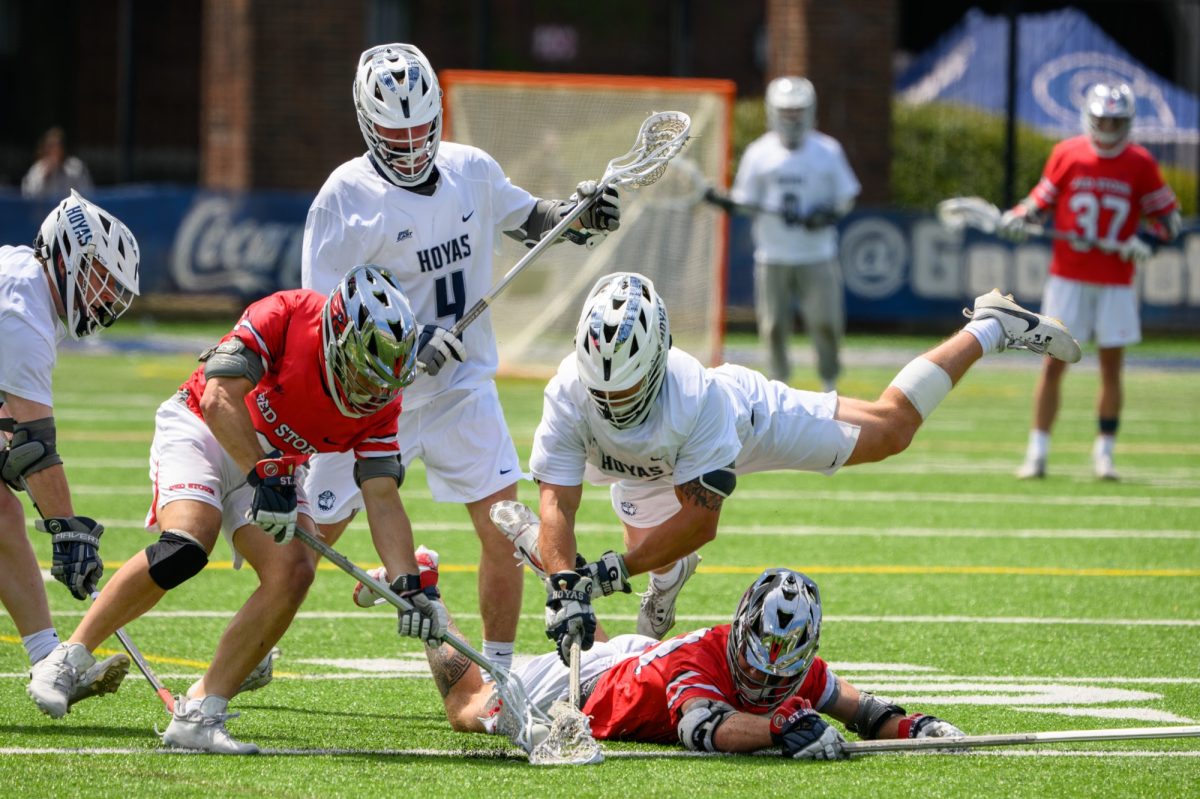In Italian club Juventus’ game against Cagliari last Tuesday, the sports world was reminded that racism is not simply a stain on the histories of many once-segregated leagues, but an ongoing issue that continues to affect athletes of minority descent.
Nineteen-year-old Juventus forward Moise Kean, who was born to West African parents, was subjected to monkey noises and other racial abuses from Cagliari fans throughout the match. After scoring the decisive goal in the 84th minute, rather than celebrating, Kean simply stood in front of the crowd with his arms outstretched.
In reaction to these events, Kean’s teammate Leonardo Bonucci said “the blame is 50-50” between the harassing fans and Kean for allegedly provoking them. Juventus’ manager also implied Kean was partially at fault for the incident because he engaged with the fans after scoring his goal.
Bonucci and the Juventus manager’s comments were rightly met with backlash from many soccer commentators, as well as high-profile minority players including Paul Pogba and Raheem Sterling, who was a victim of racial abuse in Montenegro last month.
Bonucci has since apologized for his statement, but the absurdity of blaming the victim and the perpetrators equally cannot be understated. Expecting Kean to alter his goal celebrations to accommodate jeering fans demonstrates a failure to understand that the racial abuse was completely unnecessary and vitriolic in the first place.
The ludicrous comments after the incident have unfortunately overshadowed the important question of what actions should be taken in response to last Tuesday’s abuse.
While racism continues to exist throughout European soccer, it has been particularly a problem in Italy. Indeed, last week was not the first incident of abuse at Cagliari, where Ghanian midfielder Sulley Muntari reported racist chanting nearly two years ago.
The Italian league’s disciplinary tribunal has failed to adequately respond to racist incidents, and it is high time officials make a concentrated effort to punish perpetrators of abuse.
Even in the most blatant example of racism, when bananas were thrown by Atalanta fans at two black players in 2014, Italy’s Serie A merely imposed a 40,000 euro fine on a club with a market value of over 200 million euros. No fans were punished or banned.
Today’s technology can identify specific fans who are responsible for racist chants. The English Premier League has demonstrated this well, using video surveillance footage in stadiums that can be thoroughly reviewed. In April 2012, Chelsea successfully identified a 55-year-old man who abused Didier Drogba and banned the fan for life.
Given the frequency of racial abuse in soccer, all European leagues should implement the same surveillance technology and use the footage to open investigations whenever incidents occur.
European leagues also should not hesitate to give broader punishments to the clubs, including holding matches behind closed doors. While some may argue that it is unfair to punish an entire fan base for the actions of a few, a firm policy whereby any incident of racial abuse automatically leads to one or more games away from fans would send a powerful message discouraging abusive behavior.
While Italian soccer has demonstrated the most indifference in handling racism, it is far from the only country to experience it. Racism in sports remains a global phenomenon; this is especially pervasive in the most global sport.
A report showing that there were 276 racist incidents across all levels of the sports in the 2017-18 season was published by Kick It Out, a non-profit that advocates for equality in soccer.
Tackling racial abuse in soccer requires both strong enforcement mechanisms and a collective conscience among athletes and coaches that vocally supports victims, rather than blaming them for competing.
Sterling, among other star players, is emerging as a leader in speaking out against racism and calling on authorities to ban fans from games.
Kean has chosen to mostly stay silent, but his performance has done plenty of talking. Lost in the recent controversy is the remarkable fact that the teenager has scored five goals in his last five matches for his club and country.
If the racist fans at Cagliari were hoping to sabotage Kean’s ability to excel on the field, it seems they have failed miserably.









